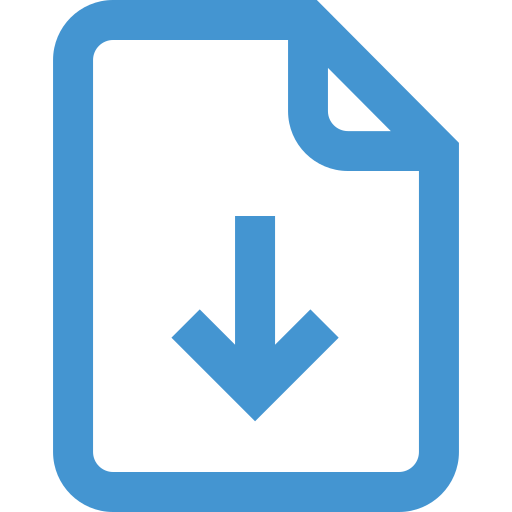About the Program
The This is Not About Drugs: Opioids (TINAD) Facilitator Program will provide you the materials and resources and train and certify you to deliver the program within your community(ies).
This is Not About Drugs: Opioids is a peer-based youth substance use prevention program that features personal stories from 12 young people with lived experience, along with insights from a subject matter expert, to educate and empower youth to make informed decisions about their bodies and health.
Developed in 2015 to address a critical gap in youth education around the opioid public health crisis, the opioid program has since reached more than 400,000 youth across 38+ U.S. states.
The curriculum offers an interactive, guided group discussion that helps youth explore the risks associated with opioids—including prescription pain medications, fentanyl, heroin, and the dangers of fentanyl-laced street drugs and counterfeit pills. overdose.
TINAD Opioids raises awareness about overdose risks, teaches how to recognize the signs of an overdose, highlights the availability of naloxone (brand name NARCAN®), and explains how to seek help if someone is experiencing an opioid overdose.
Drug overdose is the leading cause of accidental death in the United States with more than 108,000 Americans losing their lives to a drug overdose in 2023. Overdose Deaths for youth/young adults aged 15-24 increased 48% since 2018 with fentanyl deaths more than doubling. Opioids were involved in 88% of youth/young adult overdose deaths, compared to 76% nationally.
Download Program Overview PDF
 |
This is Not About Drugs Opioids Youth Program Overview.pdf |
Implementation
This is Not About Drugs Opioids is an in-person, universal prevention program for youth in grades 7–12. Designed for classroom-sized or small group settings, TINAD Opioids aligns with common health curricula, fits easily within typical school timeframes. The program is customizable with local community information and is delivered as a single 45-minute lesson, with options to expand through additional curriculum and activities.

Youth Learning Objectives
After completing the lesson, youth will know and understand:
-
Discuss the risks of opioid misuse (prescription opioids, fentanyl, heroin).
-
Explain how misuse can lead to addiction, heroin/fentanyl use, overdose, and death.
-
Identify opioid overdose symptoms, learn about the availability of naloxone, and the necessity to call 911.
-
Discuss the disease of addiction and the impact it has on an individual and the family and friends.
-
Discuss healthy alternatives to using substances when dealing with life stressors.
-
Locate available resources and discuss the many ways to ask for help.
Program Pricing
Training and License Fees
There is a 2-part fee structure for the trainer programming.
Training Fee: $320 per person
Includes program training, trainer's kit, and two prerequisite online courses.
Program Annual License Fee
Individual License Fee: $200
Group License Fee: $400 (Access for 2 or more facilitators within an organization)
License provides 12-month access to program materials, the online resource center, technical support, and program updates. License renewal is required to use the materials beyond the first 12 months.
Example: One Faciliator $520
Next Steps > Contact Us
Become a Certified Program Facilitator
Call 844.554.3354 Or click the button below to send us a message.

Facilitator, Training Process
What to Expect
-
Prework (approx. 3-4 hours combined)
#1 Register: You will be asked to register as a trainer/facilitator.
#2 Prerequisite: You will complete the Brain and the Disease of Addiction prerequisite online course.
#3 Prerequisite: You will complete the Opioid Public Health Crisis prerequisite online course.
#4 Film and Discussion: You will watch the TINAD film and participate in online discussion board. -
Program Training and Resource Center
#5 Program Training & Technical Assistance: You will be prompted to schedule a 120-Minute web meeting to review the program materials and toolset to help prepare you for your first delivery of the program.
#6 Facilitator Resource Center: You will gain access to the Facilitator Resource Center and the Program materials. -
Feedback Survey and Facilitator's Certificate
#7 Brief Feedback Survey Submission and Certificate Issued
